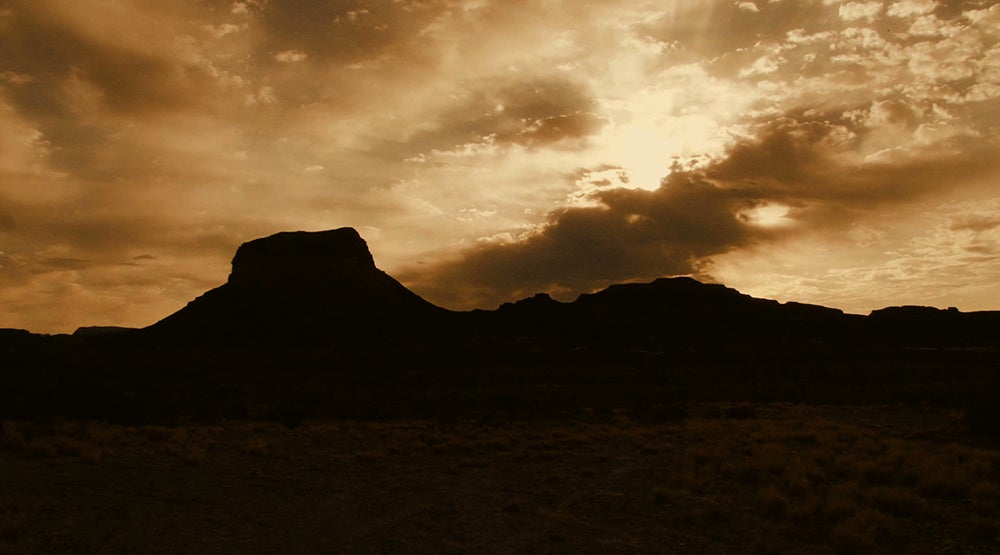
For more than 10 years, Ricardo Ainslie has been interviewing seven Vietnam War veterans from Central Texas, filming his time with the men to better understand their lives before, during, and long after the war.
Ainslie is a film director and he has turned these interviews into The Mark of War, a compelling film about the legacy of these experiences.
Ainslie is also a trained psychologist-psychoanalyst and it’s this merging of skills that enabled him to delve into the stories of these men. They recount and discuss their memories in a sometimes haunting way and invite the audience to see the war through their eyes.
“Rather than a political or historical effort, this is a psychological exploration of their lives and the impact of war,” Ainslie says. “While it’s been 50 years since some of these men came home, their stories are quite relevant to the experiences of men and women returning home from current wars.” An underlying theme for Ainslie has been the notion that the film is ultimately not only about the Vietnam War, it’s relevant to the experience of war more generally.
Ainslie, the M. K. Hage Centennial Professor in Education in the Department of Educational Psychology, has woven these interviews together with archival footage from the Vietnam War. There is no narrator, no artists’ renderings, no images of documents. The film is almost 70 minutes of the men, one at a time, recounting their memories of days and nights in the jungles of Vietnam. They talk about long periods of boredom, moments of battle, making and losing friends. And then of coming home different than they left, to a country that held them accountable for actions beyond their control.
Few of these men had shared their stories before meeting Ainslie. He met many of them through his work with the Veterans Administration. “I want the audience to feel the immediacy of engagement, receiving these stories as if they themselves are sitting across from each veteran,” he says.
Ainslie uses qualitative methods in his research, including film and video. His work with these veterans is part of a project on the lives of veterans experiencing PTSD, though not everyone in the film carries that diagnosis.
“I interviewed these men for many hours, some over many years. My aim was to create an interpersonal space that fostered deeper reflections about these life-defining experiences,” Ainslie says.
“We owe a debt of gratitude to the Vietnam War Veterans not only for their service, but also because their experiences changed the way the nation understands and treats its Veterans.”

